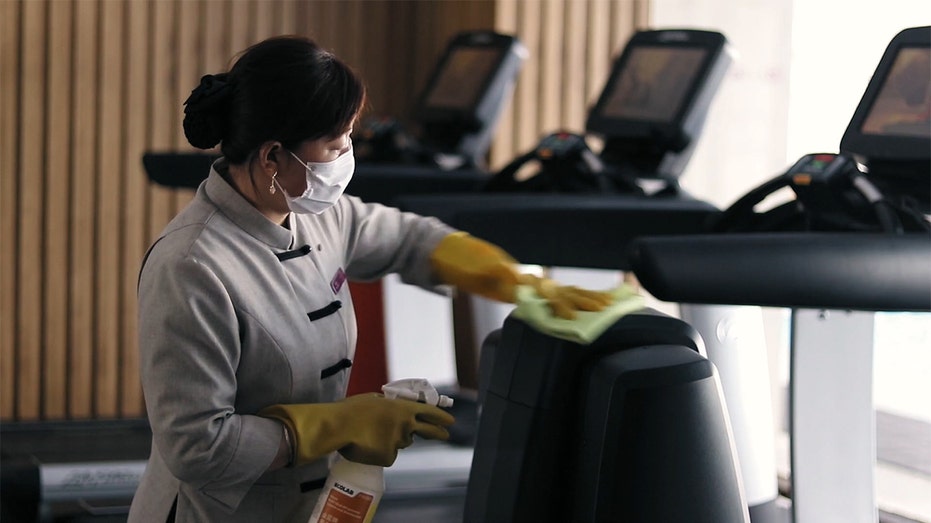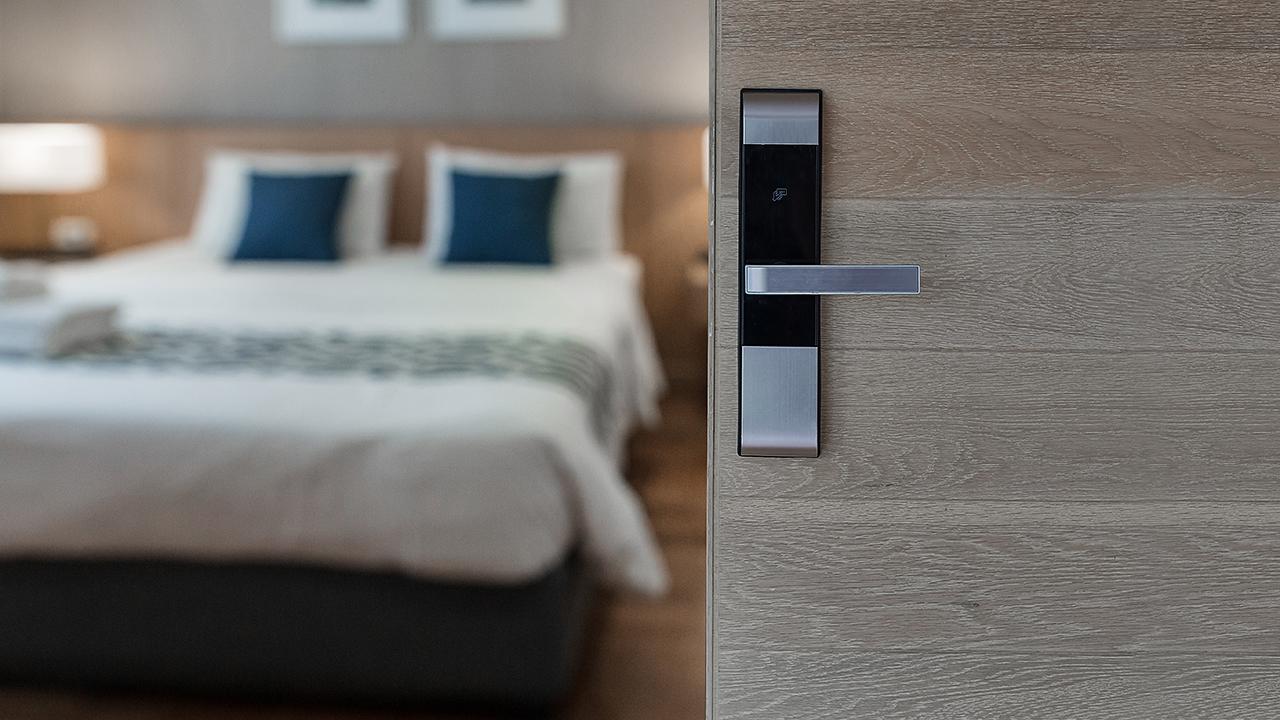How hotels are gearing up for summer travel
Hotels catered to leisure travelers are better positioned to take on summer travel traffic
As leisure travel begins to pick up, major hotel brands are positioning themselves and aiming to win back travelers from home-sharing rivals like Airbnb.
AS BUSINESS TRICKLES BACK, HOTELS COMPETE ON CLEANLINESS
Operating in the new normal means that hotels might face more competition to alternative lodging options that can offer more attractive costs worth the value. While hotels are still mostly empty with occupancy nearing 37 percent the week ending May 30, a 43 percent drop from a year ago, according to data and consulting firm STR, Airbnb is already seeing a surge in growth. From May 17 to June 6, there were more nights booked for travel to Airbnb listings in the U.S. than during the same time period in 2019.
Recovery on a global scale is underscored by Airbnb’s demand in the first weekend of June, as it saw year-over-year growth in gross booking value, excluding cancellations or alterations, for all reservations made around the world for the first time since February.
US DOMESTIC TRAVEL RECOVERING AS CORONAVIRUS RESTRICTIONS EASE
Although those accommodations are without regularity and do not have to play by the same rules, hotels might be better positioned when it comes to health and safety protocols given the institutionalized nature.
“Customers today, first and foremost, will rely on a trusted brand when they travel versus choosing something that may not be branded or have uncertain protocols,” Best Western Hotels & Resorts Chief Operating Officer Ron Pohl told FOX Business. “We don’t want to take eyes off of a competitor, but I think hotel brands are in a better position today than some of the other accommodations.”
Travelers want to feel safe and trust that the places they choose to stay are clean, even at the cost of giving up amenities like full access to swimming pools or a breakfast buffet.
CORONAVIRUS-HIT TRAVEL INDUSTRY WILL RETURN
Hilton will focus on what guests are now expecting: clean with an additional level of focus and transparency. Hilton’s family of 18 brands will roll out Hilton StayClean, a new program designed to deliver an industry-defining standard of cleanliness in collaboration with Reckitt Benckiser, the maker of Lysol and Dettol, alongside the console of Mayo Clinic.
At luxury hotels where lavish bar areas and dining experiences will see restrictions, Rosewood Hotels and Luxury Resorts will leverage QR code technology to allow guests to browse a menu and place an order from their phones or coordinate virtual or self-guided cocktail-making classes to take place in one’s room.
"We are determined to find opportunities that allow us to deliver the experiences guests are seeking when they are on vacation in a safe and controlled way," Rosewood Hotels & Resorts President Radha Arora told FOX Business.
SAFE WAYS TO RESUME TRAVEL DURING THE CORONAVIRUS
InterContinental Hotels Group's Way of Clean program, launched in 2015 with Ecolab and Diversey, was recently enhanced in response to COVID-19 with an added partner, Cleveland Clinic. A few examples of updated protocols include encouraging a limited number of guests at a time in pool areas, rearranging or removing furniture and modifying hours of operation to allow for social distancing and interval cleaning. Guests will also be provided with disinfecting wipes and hand sanitizer. For reluctant travelers, IHG has eased booking requirements by adding more flexible rates and extending its cancellation policies.
“Safety, health and cleanliness in lodging has always been important to travelers, and will be even more so in the future following COVID-19,” Elie Maalouf, the chief executive of IHG’s Americas region, told FOX Business.

Best Western’s We Care Clean initiative will eliminate full housekeeping service unless requested by the guests, but it will step up its hygienic efforts by using electrostatic fogging and ozone generators to clean rooms after guests leave. Workout rooms and pool areas will be open based on locality and state guidelines, but the number of guests will be minimized to reduce capacity. Unnecessary room items like decorative pillows, bed scarves, pens and notepads will also be eliminated. In addition, typical hot breakfast buffets will be replaced with an enhanced grab-and-go selection with pre-packaged food offerings.
(Best Western)
Guests at Best Western have responded positively to the changes, according to Pohl.
GET FOX BUSINESS ON THE GO BY CLICKING HERE
Hotels catered to leisure travelers are also better positioned to take on summer travel traffic due to their proximity to parks and other unique destinations around the country.
“At the end of the day, it's how we can continue to provide service,” Pohl said. “It's about the level of service and hospitality we can provide and how we can continue to do that without negatively affecting the overall expectations of our customers.”
























